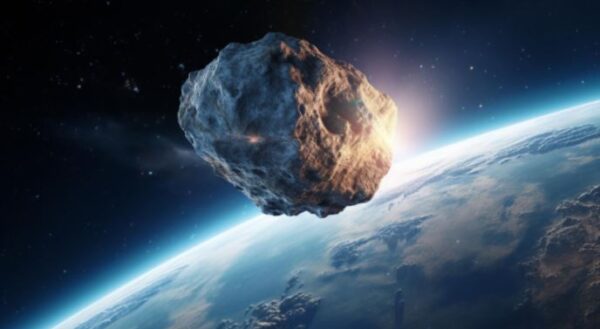
Among the most vocal proponents of this theory is Reverend Efraid Rodriguez, who has shared his vision of an asteroid striking Puerto Rico.
Rodriguez, a self-proclaimed prophet, has warned that this impact will trigger a magnitude 12 earthquake, leading to widespread devastation. According to him, six large asteroids, with the largest estimated to be up to 2.5 miles wide, will collide with Earth on this date. He has even reached out to NASA, urging them to take his warnings seriously.
NASA, however, has firmly dismissed these predictions. Paul Chodas, manager of NASA’s Near-Earth Object office, has stated that there is no scientific evidence or data supporting the idea of an asteroid impact on September 28 or any time soon. NASA’s monitoring systems, which constantly track near-Earth objects, have not detected any celestial bodies on a collision course with Earth. If an object large enough to cause such destruction were approaching, it would have been identified well in advance.
The Blood Moon Prophecy itself is a fringe theory that has gained attention in recent years. It ties lunar eclipses to apocalyptic scenarios, but it is not supported by mainstream science. Experts have repeatedly debunked its predictions, emphasizing that lunar eclipses are natural phenomena with no connection to catastrophic events.
Reverend Rodriguez’s prophecy is not the first of its kind. Throughout history, various individuals and groups have predicted the end of the world, often tying their claims to celestial events or religious texts. These predictions have consistently failed to materialize, further undermining their credibility.
The focus on Puerto Rico in Rodriguez’s vision has also drawn attention. The island, which has experienced significant natural disasters in recent years, including hurricanes and earthquakes, is seen by some as a plausible location for such an event. However, this is purely speculative and not based on any scientific evidence.
As the predicted date approaches, it is likely that public interest and anxiety will increase. It is important to rely on credible sources and scientific evidence when evaluating such claims. While the idea of an impending apocalypse can be unsettling, the lack of supporting data from reputable organizations like NASA should provide reassurance.

